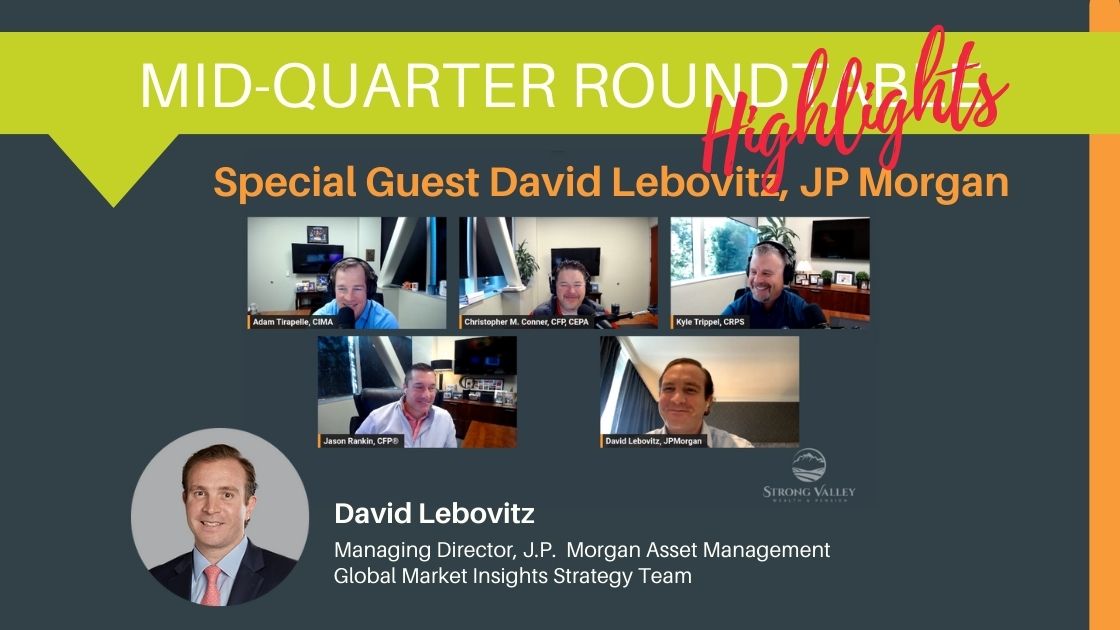You are now leaving the Strong Valley Wealth & Pension, LLC ("Strong Valley") website. By clicking on the "Schwab Alliance Access" link below you will be entering the Charles Schwab & Co., Inc. (“Schwab”) Website. Schwab is a registered broker-dealer, and is not affiliated with Strong Valley or any advisor(s) whose name(s) appears on this Website. Strong Valley is/are independently owned and operated. Schwab neither endorses nor recommends Strong Valley. Regardless of any referral or recommendation, Schwab does not endorse or recommend the investment strategy of any advisor. Schwab has agreements with Strong Valley under which Schwab provides Strong Valley with services related to your account. Schwab does not review the Strong Valley website(s), and makes no representation regarding the content of the Website(s). The information contained in the Strong Valley website should not be considered to be either a recommendation by Schwab or a solicitation of any offer to purchase or sell any securities.

Anchor your financial planning on how long your money needs to last. This article takes a look at two well-known tables for life expectancy managed by the Social Security Administration which gives you a point of reference when thinking about how much longer your money needs to last. Instead of fear of outliving your money, there is a way to incorporate that uncertainty into your financial plan.

How long do you think you will live? How long does your money need to last? If you’re like most people, you get this age wrong.
The consequence? Faulty retirement planning, overspending now and running out of money before you actually reach your true longevity. Or spending too little now, depriving yourself of a comfortable retirement before your death.
Your longevity is the statistically expected number of years of life you have remaining at a given age – specifically, your current age. (Your longevity depends on other factors and you can find calculators with good insights into these by Googling “life expectancy calculator”).
There are two well-known tables for life expectancy managed by the Social Security Administration: the Social Security general population table and the Annuity Table. The tables constantly change with shifting demographics, lifestyles, medicines and other advances. Today’s tables may, therefore, understate longevity, especially for younger people.
Let’s look at a couple of examples to get a general sense of longevity, using the “Retirement & Survivors Benefits: Life Expectancy Calculator” created by the Social Security Administration. This chart, from the Social Security table, gives you a point of reference when thinking about how much longer your money needs to last.
While this might be decent guidance, keep this in mind: these figures do not take into account a wide number of factors such as current health, lifestyle, and family history that could increase or decrease life expectancy.
Let’s use another example, someone who is currently 85 years old. According to the Social Security Administration:
In other words, at age 85 you may have seven or more years remaining – illustrating the importance of understanding your life expectancy when you plan retirement spending.
Further, the “healthier” population subset enjoys a greater number of remaining expected years compared with Social Security’s general population. In some cases (depends on age), about 60% of the 70-year old “healthier” population may outlive members of the general population due to lifestyle choices, lack of accidents and other similar factors (including just plain luck).
That’s why many financial advisors suggest planning to age 95. Such advice can reduce how much you spend today just in case you live to 95.
Further, financial advisory best-practices suggest adjusting spending over time. Instead of guessing an age you think too old to imagine, anchor your expectations on how long your money needs to last using statistics for your population group. Update that expectation each year during your annual financial review.
Rather than fear outliving your money, embrace uncertainty through a structured process that incorporates uncertainty into your financial decisions. Life is full of uncertainty and forks in the road. You can prudently manage your retirement money surer than that.



